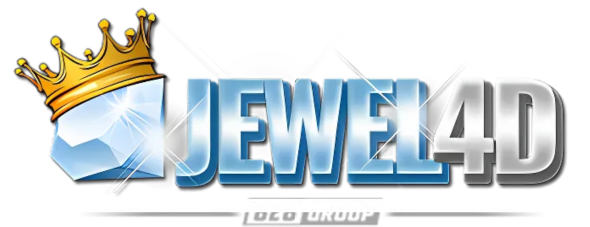RTP Live Gacor Hari Ini Terbaru ⚡️ Pola Slot Gacor Maxwin & RTP Tertinggi di Jewel4D
IDR 10,000.00
RTP Live Gacor Hari Ini adalah kunci utama bagi para pecinta slot online yang ingin meningkatkan peluang kemenangan secara konsisten. Di halaman ini, kami menghadirkan data RTP Slot Tertinggi dan pola slot gacor paling jitu yang terus diperbarui setiap hari.
Jewel4D menjadi pusat informasi terpercaya untuk para pemain yang ingin mendapatkan pola scatter maxwin, termasuk strategi terbaik bermain di game favorit seperti Gate of Olympus, Starlight Princess, dan slot populer lainnya.
Bersama Raja Nyelot, kami membagikan tips dan rahasia Jago Spin yang telah membantu banyak pemain mendapatkan kemenangan besar secara berulang. Semua pola gacor hari ini disusun berdasarkan hasil analisis real-time dan pengalaman langsung dari pemain profesional.
Mengapa Harus di Jewel4D?
- Menyajikan data RTP Live Gacor akurat setiap hari
- Update pola scatter maxwin berdasarkan jam gacor
- Strategi spin efektif dari komunitas Raja Nyelot
- Fokus pada slot dengan RTP tertinggi dan peluang maxwin terbaik
- Dukungan komunitas dan analisis game slot terlengkap
Keyword :
Quantity:

